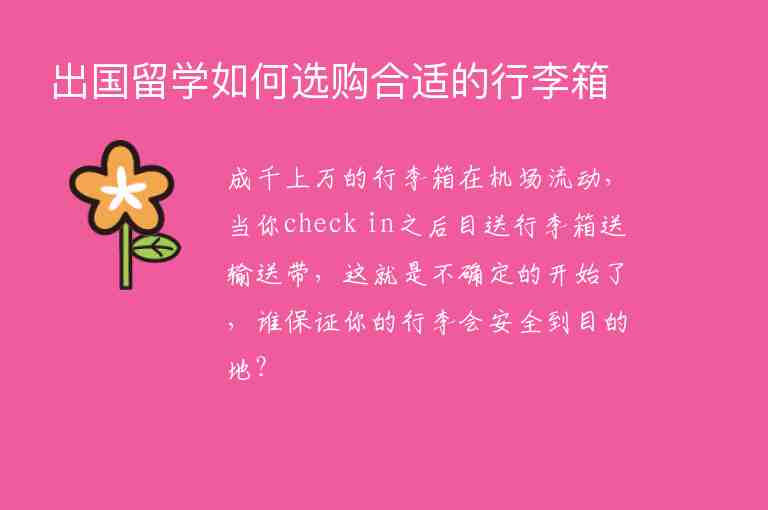捻(niǎn):动词,指用手指和拇指或两根手指轻轻地旋转或扭动物体,以产生某种效果。
读音:niǎn [niɛn]
用法:作为动词使用,可以直接接物或者带介词“着”,表示用手轻轻地旋转或扭动物体。
例句:
1. 他捻着胡须思考着下一步的计划。
He twirled his beard as he thought about his next plan.
2. 她不停地捻着手中的笔,表现出紧张的情绪。
She kept twirling the pen in her hand, showing her nervousness.
3. 他习惯性地捻着耳朵,这是他思考时的一个习惯动作。
He had a habit of twirling his ear, which was his habitual movement when thinking.
同义词及用法:
1. 旋转(xuán zhuǎn):动词,指物体围绕某个中心点做圆周运动。
例句:她用力旋转着花瓶,想把里面的水倒出来。
She spun the vase hard, trying to pour out the water inside.
2. 扭曲(niǔ qū):动词,指使物体变形或弯曲。
例句:由于长期使用不当姿势,他的脊椎已经扭曲了。
Because of long-term improper posture, his spine has become twisted.
3. 摇动(yáo dòng):动词,指使物体来回移动或震动。
例句:她不停地摇动着手中的小风车,享受着微风带来的舒适感觉。
She kept shaking the small windmill in her hand, enjoying the comfortable feeling brought by the breeze.
4. 转动(zhuǎn dòng):动词,指物体在某个轴心或中心点旋转。
例句:他用力转动门把手,但门还是无法打开。
He tried to turn the doorknob hard, but the door still wouldn't open.
编辑总结:
捻是一个表示用手轻轻地旋转或扭动物体的动作的词语。它可以直接接物或者带介词“着”使用。同义词有旋转、扭曲、摇动和转动。在日常生活中,捻常用于形容人们思考时的习惯性动作或者表现出紧张情绪时的行为。通过使用同义词可以更加丰富地描述这一动作,使文章更加生动有趣。

